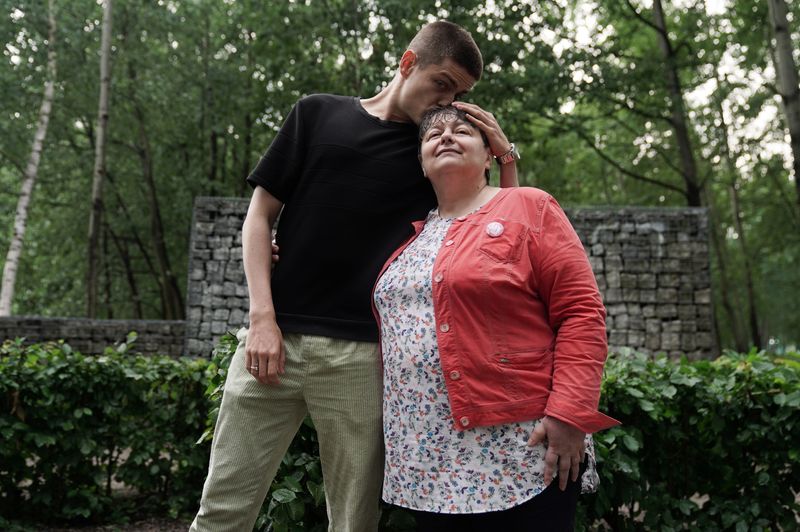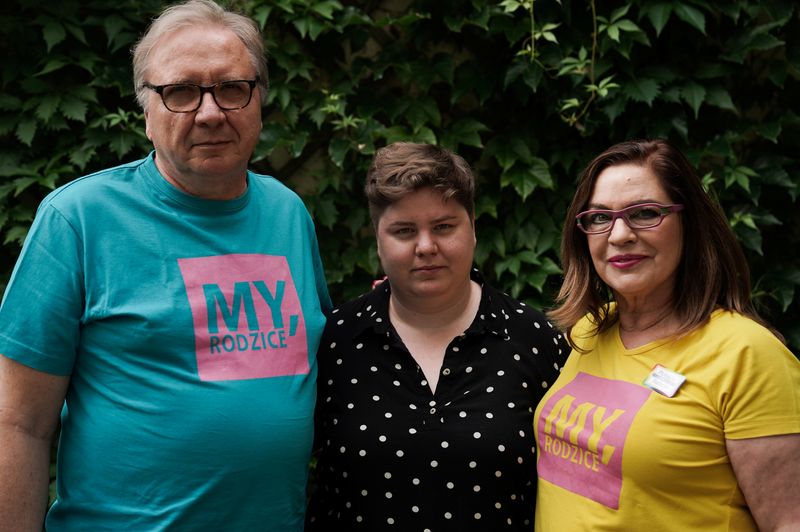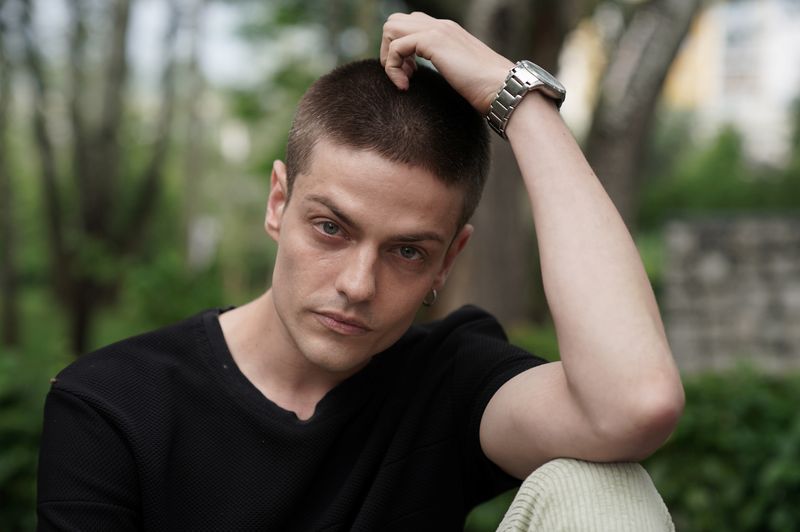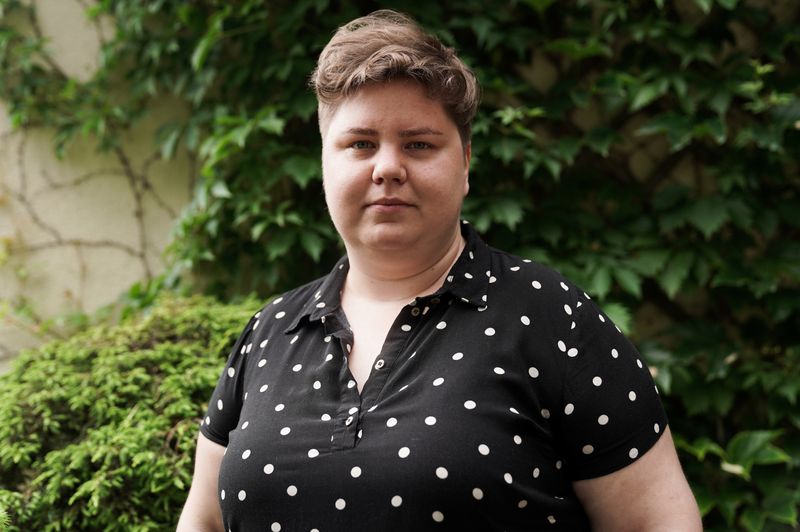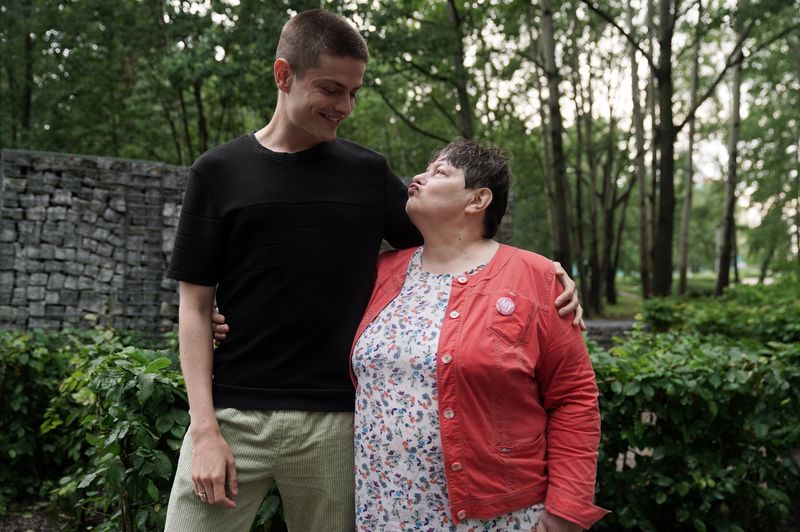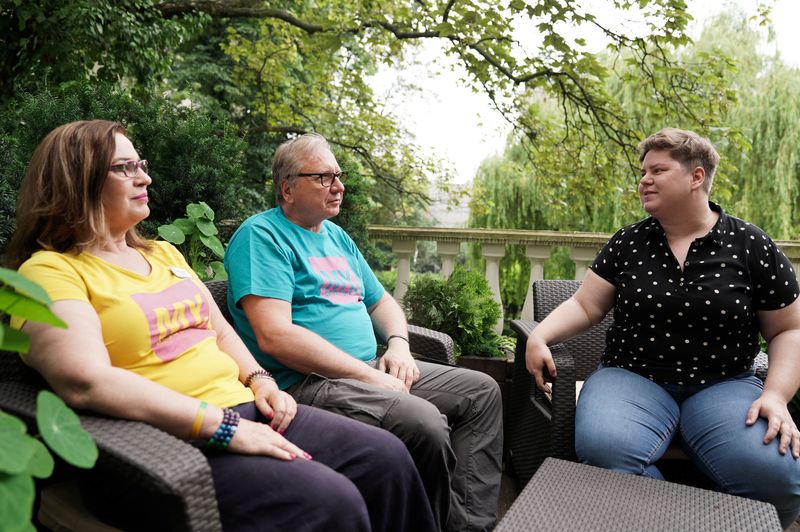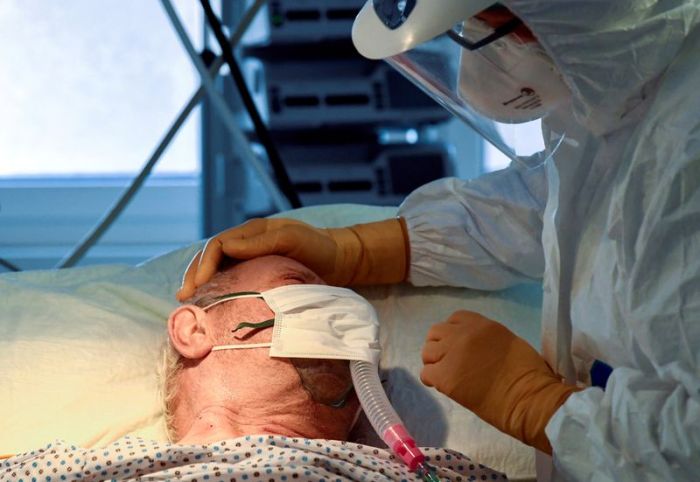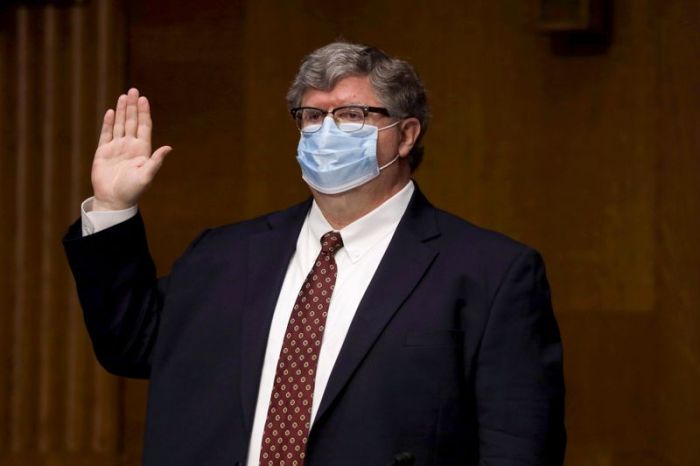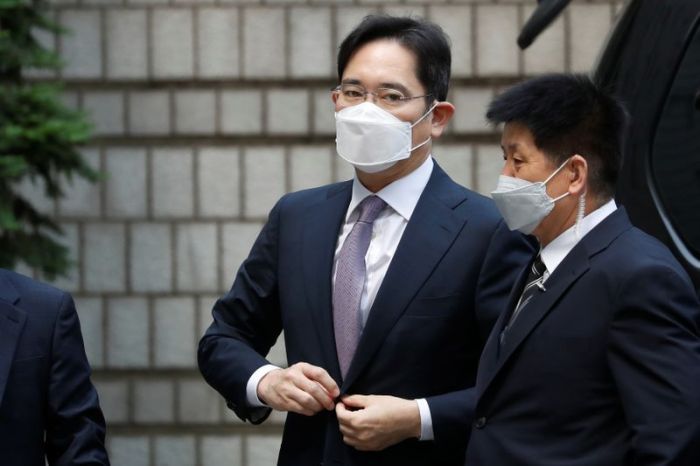WARSAW (Reuters) – Sixty-year-old Marzenna Latawiec is determined to brave the risk of coronavirus and vote in Poland’s presidential election on Sunday, but it’s not the pandemic or the country’s first economic recession in three decades that is firing her up.
The mother of two gay sons from Warsaw wants to turn what she sees as a growing tide of state-sponsored homophobia, which she blames in part on the incumbent President Andrzej Duda.
“I don’t care whether [homophobic speech] is cynicism or an expression of regular, pure hatred,” Latawiec told Reuters. “I cannot accept that any adult, mature person can speak like this and not face consequences for what the words stir up.”
Amid a pandemic-inspired downturn which has thrown hundreds of thousands of Poles out of work, Duda, 48, has sought to paint himself as the guardian of the government’s social programmes that have helped reduce poverty for many Poles, while mobilising his conservative base with attacks on LGBT “ideology”.
His challenger in staunchly Catholic Poland is centrist Warsaw mayor Rafal Trzaskowski, also 48, who has vowed to end hate speech and protect those who face attacks.
Latawiec, an IT specialist who plans to vote for Trzaskowski, believes that in their campaigning, Duda and the nationalist government he supports are “de facto acquiescing to hate crimes”.
Competing for a second five-year term, Duda said this month that LGBT (lesbian, bisexual, gay and transgender) “ideology” was more dangerous than communist doctrine, and pledged to ensure public schools are banned from discussing gay rights.
For the nationalist Law and Justice (PiS), such rhetoric is part of a broader agenda aimed at instilling more conservative and patriotic values in public life which it believes are under threat from liberal western influence.
Duda’s campaign aides say accusations such as that by Latawiec are false and ignore his calls for respect for all citizens. Duda argues he is simply defending Poland’s moral “backbone” that is rooted in European Christian civilisation.
“My parents’ generation fought for 40 years to get rid of communist ideology from schools so it couldn’t be forced on children, so that the youth would not be brainwashed, indoctrinated,” he told supporters at a campaign rally.
“They didn’t fight for this so that a new ideology would appear which is even more destructive.”
His long-held lead in opinion polls has begun to crumble in recent weeks, however, as voters grow frustrated with Duda’s allegiance to PiS, which the European Union says subverts democratic norms through policies such as its court reforms.
NOT LIKE IRELAND
Surveys still showed Duda winning Sunday’s first round of voting with around 40% of the vote compared to Trzaskowski’s 27%. But the two appear tied in a possible run-off between the top two candidates due on July 12 if no one polls more than half the ballots.
Duda won 35% and then 52% of votes in two rounds of elections five years ago.
Trzaskowski announced plans last year to launch a legal and psychological support hotline for LGBT people and to ensure schools had specialists who can help LGBT children.
A long-time European Union emissary for his party, the centrist Civic Platform, he entered the election race late, replacing a flagging candidate after the ballot, originally set for May 10, was postponed due to the pandemic.
Trzaskowski, however, has sidestepped questions in the campaign over whether he would support allowing gay marriage, underscoring the sensitivity of the issue in Poland.
Trzaskowski’s runner-up in opinion polls, the independent Catholic journalist Szymon Holownia, says he would allow gay civil partnerships, and would limit the participation of state leaders in church events, rife under PiS.
“I don’t think Poland will become like Ireland but I would like it to be a tolerant, secular state,” Holownia, who once studied to become a priest, told Reuters.
Surveys show Holownia likely to win some 9% of votes on Sunday, but some have suggested he would have a slightly better chance of beating Duda in the July 12 run-off than Trzaskowski.
Earlier this month, Latawiec and a handful of other parents of LGBT children held a protest in front of the presidential palace in Warsaw to call on Duda to change his language.
Elzbieta Mieszczanska-Blaszczyk, 65, the mother of a lesbian daughter, said later she believed homophobia had been declining in Poland until PiS came to power in 2015. “What’s most important to me is that Duda loses,” she told Reuters.
Her daughter, Aleksandra Blaszczyk, is thinking of emigrating.
“Wouldn’t it be easier to leave and live in a world where being homosexual is like being left-handed?,” she said.
(writing by Justyna Pawlak; Editing by Alexandra Hudson)

